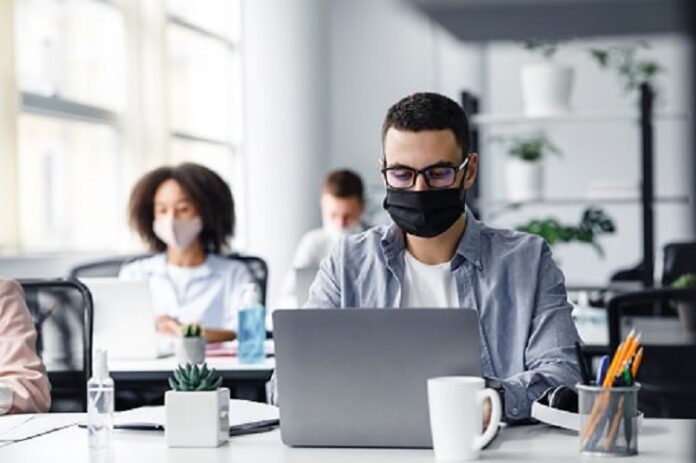The pandemic brought a special dose of empathy among people around the globe. On the other hand, it also brought those waiting to make a profit from bogus treatment. According to data, over $25 million Americans have lost for different kinds of medical scams. And the data is constantly on the rise. The ways the actors of scamming schemes operate are kind of sophisticated but in themselves are classic deeds of theft and fraud.
One of the latest examples is the affair regarding Omri Shafran and his medical patent, which dazzled investors, doctors and patients at once. And it’s not the sole cause. When talking about medical fraud, criminals target specifically vulnerable circles of people, elderly and desperate to get a job, but especially those with lack of information.
Table of Contents
Medical scams
As for the vaccination, the results are there; people got their first and second jabs several months ago. But we can still witness the people who show up at your doors and offer free vaccination or some other bogus treatment and medical scam. The medical criminals, we are free to call them like that, are spreading like a plague in various forms: phishing emails, cold calling, faulty Health Insurance letters sent to their victims.
The offer of Iverctim, a horse drug, has special effects. Many reach out to this drug just to avoid the vaccination. Not only is it not for human usage, but it can also provoke side effects, especially the liver. Unfortunately, no food, herbs or special treatment can stop the health crisis except the jabs.
Beware that jabs are free, and nobody can’t come to your door and offer it for remuneration. These are also not promoted using emails and cold calling.
Technology scams
Technology scams can these days especially affect all those working from home. They are more prone to browse the net while working or not. Their laptops and computers can be compromised. Private working networks are at stake if you are not cautious enough. So, if you spend all your day from the computer, make sure every payee you visit has https instead of HTTP in the left corner just before the website name. It says the site is secure. Also, don’t click on a sudden pop up promoting getting some money straight away just as you click on it. Or even more sophisticated advertising calling for some stuff you need like a laptop or antivirus. Bogus antivirus programs could usually be ransom viruses installed in your computer once you click on the offer. The next issue would be the loss of all your data or your working network compromised, including the network of your coworkers.
What to do if you have been scammed
With all these risks in mind, your vigilance should be on alert. However, everyone is at some moment inattentive. Should that happen, screenshot the phishing emails, report scammers to the police if they come to your doors, and report the false vaccination actors to health authorities. It’s essential to never remain silent so the authorities can do the right thing and protect other potential victims.




